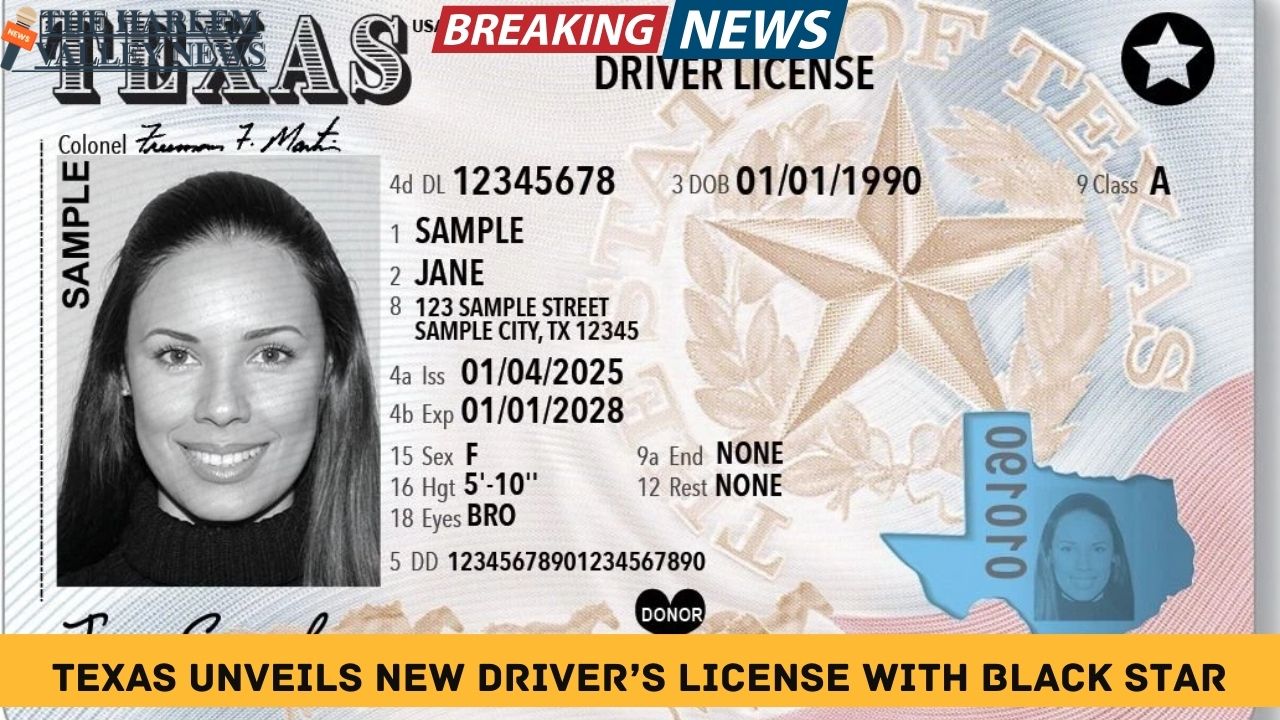In today’s digital age, our smartphones carry more personal information than most filing cabinets. From bank accounts and medical records to photos and private messages, phones serve as digital extensions of ourselves. But what happens when you’re pulled over in Georgia? Can a police officer demand access to your phone during a traffic stop? This blog explores the legal boundaries of phone searches in Georgia, helping you understand your rights and what the law permits.
Understanding the Legal Basis for Searches
The United States Constitution, particularly the Fourth Amendment, protects citizens from “unreasonable searches and seizures.” This protection extends to your vehicle and its contents during a traffic stop, including your cell phone. However, like most legal matters, there are exceptions and nuances.
Georgia law enforcement officers operate within the broader framework of federal constitutional protections, but they also follow specific state laws and court precedents. During a routine traffic stop in Georgia, a police officer cannot simply grab your phone and search through it. They must have probable cause, your consent, or a valid search warrant.
What Constitutes Probable Cause in Georgia?
Probable cause means that officers must have reasonable belief, based on facts and circumstances, that a crime has been committed or is actively being committed. For example, if a driver in Augusta is pulled over for running a red light and the officer sees an open messaging app on the phone with evidence of drug deals in plain view, that might be considered probable cause.
However, in most situations—such as minor violations like speeding in cities like Macon, Albany, or Savannah—an officer does not have immediate grounds to search your phone unless there are other suspicious indicators.
When Consent Is Given
Many Georgians may unknowingly waive their rights simply because they’re unaware of them. If an officer in Columbus or Roswell asks, “Do you mind if I look at your phone?” and you say yes, you’ve legally given permission for that search. Officers aren’t required to tell you that you have the right to say no unless you’re under arrest and being read your Miranda rights.
So, unless you clearly and verbally consent, they cannot legally search your phone. In legal cases across Georgia, courts have consistently ruled that ambiguous or silent responses do not count as consent.
The Role of Search Warrants
Police officers in Georgia, including in cities like Athens and Marietta, need a signed search warrant to go through your phone if you refuse consent and they lack probable cause. Search warrants are issued by a judge and must be supported by an affidavit detailing why law enforcement believes the phone contains evidence of a crime.
This requirement was upheld in a major U.S. Supreme Court decision, which applies to Georgia as well. The Court concluded that cell phones are fundamentally different from other physical items due to the sheer volume of private data stored on them. Therefore, they should not be searched without a warrant, even during arrest scenarios, unless there are extreme circumstances.
Can Police Force You to Unlock Your Phone?
Another critical area of confusion involves phone passcodes or biometric locks. If you’re pulled over in cities like Valdosta or Warner Robins and refuse to unlock your phone, can police force you to do it?
The answer depends on the method of security used. Courts across the country—including Georgia—generally agree that:
-
You cannot be legally compelled to give up a passcode or password because that would violate your Fifth Amendment right against self-incrimination.
-
You might be compelled to use a fingerprint or face scan under some circumstances, because it’s considered a physical act, not testimony.
However, even in those scenarios, law enforcement still needs a warrant or must demonstrate that exigent circumstances apply, such as preventing the imminent destruction of evidence.
What If You’re Arrested in Georgia?
Once you’re arrested—for instance, in Atlanta or Sandy Springs—the rules slightly shift. Police may seize your phone as part of the arrest, but they still can’t search it without a warrant. The phone can be taken as evidence, but officers must go through legal channels to access its contents.
In past Georgia cases, evidence obtained without a warrant—whether it’s photos, messages, or call logs—has often been thrown out by courts due to constitutional violations.
Exigent Circumstances Exception
There is an exception to the warrant rule known as “exigent circumstances.” If officers reasonably believe that waiting for a warrant could result in the destruction of evidence, they may attempt a search. This is rare and usually applies to situations where:
-
There’s an immediate threat to someone’s life
-
The phone is believed to be actively used in an ongoing crime
-
There’s risk that digital evidence will be erased
However, Georgia courts interpret exigent circumstances narrowly, and in cities like Gainesville and Hinesville, officers must later prove to a judge that the situation truly qualified as urgent.
What to Do If Police Ask to Search Your Phone
If you’re pulled over and asked to unlock or hand over your phone in Georgia, here’s how to protect your rights:
-
Stay calm and polite. Aggression or defiance may escalate the situation unnecessarily.
-
Politely decline consent. Say, “I do not consent to a search of my phone.”
-
Do not physically resist. If officers take your phone anyway, don’t fight back. Instead, document everything after the stop and consult a lawyer.
-
Ask if you are free to leave. If you’re not under arrest, you have the right to end the interaction.
-
Do not lie or provide false information. That could lead to additional charges.
Georgia Laws on Data Privacy
Georgia does not yet have a comprehensive data privacy law like California’s CCPA, but general privacy protections do apply. Additionally, the Georgia Electronic Records Act places limits on how law enforcement can collect and store data, especially without proper judicial oversight.
In local jurisdictions like Dekalb County and Fulton County, district attorneys have increasingly emphasized digital privacy. Prosecutors are often required to prove that digital evidence was obtained legally, or risk having it excluded in court.
Traffic Stops and Digital Distraction Laws
It’s important to differentiate between a search and a citation. Georgia’s Hands-Free Law, enacted in 2018, prohibits drivers from holding or supporting a phone with any part of the body while driving. Officers in cities like Rome or Douglasville can ticket you for violating this law if they observe you using your phone.
However, just seeing you touch your phone doesn’t automatically give police the right to search it. They can only write a citation—not scroll through your texts, photos, or call logs.
Dashcams and Bodycams: Do They Protect You?
Georgia is increasingly equipping officers with body cameras and patrol vehicles with dashcams, especially in metro areas like Atlanta and nearby suburbs. These recordings can serve as crucial evidence in disputes about what happened during a traffic stop.
If you believe your phone was unlawfully searched, requesting footage can be an essential part of your defense. Georgia’s Open Records Act allows you to request bodycam and dashcam footage, although certain restrictions may apply.
Cases from Georgia That Set Precedents
Numerous real-world incidents have helped shape the conversation around digital privacy in Georgia. For example:
-
In Gwinnett County, a high-profile case involving an unlawful phone search during a DUI stop led to a civil suit against the department.
-
In Cobb County, officers were reprimanded after searching a suspect’s phone without a warrant or consent during a routine traffic stop.
-
Fayetteville saw local media coverage after a resident’s phone was allegedly accessed during a traffic ticket interaction, leading to policy reviews.
These cases emphasize how important it is for both police and citizens to know the boundaries of lawful searches.
What If Your Rights Are Violated?
If your phone was searched unlawfully during a traffic stop in Georgia, you may have several options:
-
Hire a defense attorney who specializes in search and seizure laws.
-
File a suppression motion to exclude any evidence obtained unlawfully.
-
Submit a formal complaint to the department’s internal affairs division.
-
Consider a civil rights lawsuit if the violation was egregious or caused serious harm.
Legal support organizations in Georgia, such as the ACLU of Georgia and Georgia Legal Services Program, may also provide guidance or representation in appropriate cases.
Tips for Protecting Your Phone and Data
Regardless of where you are in Georgia—be it Savannah, Augusta, Athens, or small towns like Dublin or Tifton—taking simple steps can help you protect your digital privacy:
-
Use strong passwords or PINs instead of biometric locks.
-
Encrypt your phone’s data.
-
Back up data to secure cloud platforms.
-
Turn off fingerprint or facial unlock before traveling.
-
Use airplane mode if you suspect you may be stopped.
These precautions can prevent unauthorized access and protect sensitive data from falling into the wrong hands—even temporarily.
Conclusion
Knowing your rights during a traffic stop in Georgia could be the difference between safeguarding your privacy and unknowingly exposing your entire digital life. While police cannot typically search your phone without a warrant, probable cause, or your consent, gray areas do exist. Being informed, calm, and assertive can help you navigate these situations with confidence.
Whether you’re driving through the streets of Atlanta or traveling rural roads in South Georgia, understanding the limits of police authority is essential. Protect your rights, know the law, and always seek legal counsel if you believe those rights were violated.
















Leave a Reply